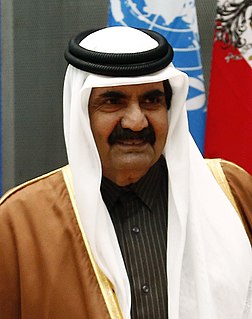A Quote by Rajendra K. Pachauri
The impact of climate change will fall disproportionately upon developing countries and the poor persons within all countries. It will therefore exacerbate inequalities in health status and access to adequate food, clean water and other resources.
Related Quotes
Climate change is...a gross injustice-poor people in developing countries bear over 90% of the burden-through death, disease, destitution and financial loss-yet are least responsible for creating the problem. Despite this, funding from rich countries to help the poor and vulnerable adapt to climate change is not even 1 percent of what is needed.
If we can speed up the deployment of clean energy technologies in developing countries with investments from the Green Climate Fund, hundreds of millions of people will be able to access electricity for the first time - with all the education, health, communication and entrepreneurial opportunities electricity enables.
Bopha, Sandy, floods in Pakistan, droughts in China… How many reports from the likes of the World Bank, NASA and the International Energy Agency will it take? How many preventable catastrophes until our leaders realize that climate change will not be solved by nice speeches and empty promises? Countries like Canada and the U.S. have promised to reduce their greenhouse gas pollution and provide adequate financial support for developing countries, they have so far failed on both counts.
Climate change hype has grave real world consequences. It gets rich countries to adopt silly policies and to impose devastating eco-imperialism on poor countries. The world's rich millions can afford environmental extremism; its poor billions can't. Climate change pseudo-science about human causality has been exposed repeatedly. What's less appreciated is that there aren't more natural disasters in need of an explanation.
If the level and amount of consumption and waste of the western rich countries ever reaches the poor countries, it will mean the end of humanity. The big world corporations are busy doing it...The production, selling, consumption, accumulation, wastes' and advertisement explosions in the western rich countries and the continued population explosion in the poor countries will turn into major catastrophes.
Some people say that the West has a cruel history. These people also may see the achievements of Western countries - in terms of the economy, education, health, and social achievements - as a result of exploitation of poorer countries, including Arab countries. Western nations get rich by using resources such as Arab oil. Meanwhile, the countries supplying them raw materials remain poor. Due to such injustices, jealousies are created.


































